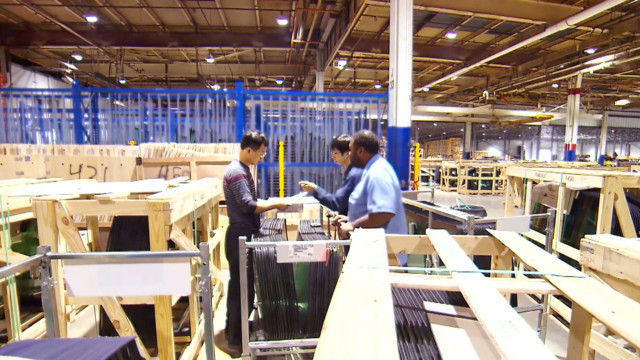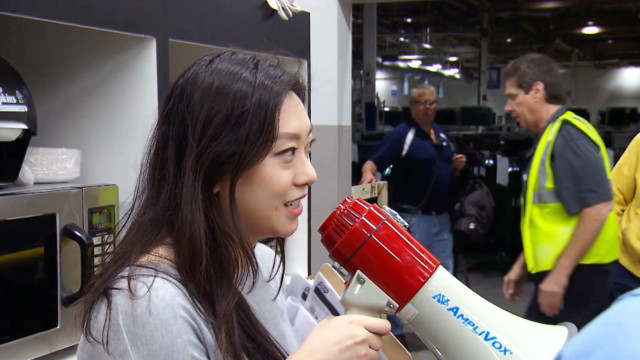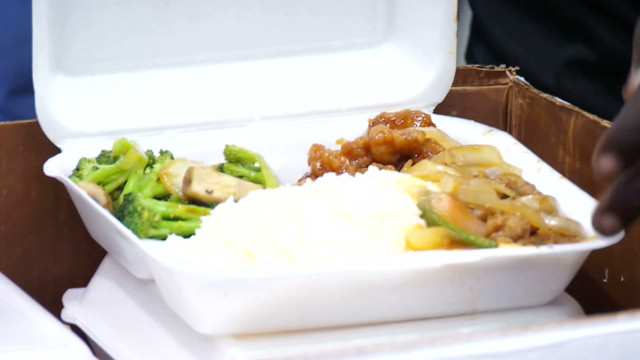Candidate Clinton says she supports trade agreements that would: raise wages, increase prosperity, create jobs, and ensure security. Candidate Trump has proposed steep tariffs on imports. He describes America’s multi-national trade deals as bad for businesses, for workers, for taxpayers.
CCTV America’s Jim Spellman traveled to the state of Ohio for a local-business perspective on globalization and protectionism.

In the state of Ohio, a brand new factory is humming away, producing windshields. Though this factory is in the U.S. heartland and the workers are mostly American, this glass factory is owned by the Fuyao group from China. David Burrows is Vice President. He helped set up the factory in 2013. It shipped its first windshield last year.
David Burrows, vice-president of Fuyao Glass America, says Fuyao is the perfect example of true globalization.
“We are a Chinese-based company that has decided that we are going to locate wherever they need to be a global company and support the global automotive industry.”
Federal, state and local governments used incentives and tax breaks to draw Fuyao to Ohio. Setting up here has meant jobs for this community, which has struggled in recent years as other factories have closed.
2,100 people work here now. By the end of next year, that number will grow to 2,500. We met Patrick Ropp, a former U.S. Marine on the day he was promoted to logistics coordinator. He has high hopes for his career at Fuyao.
“Hopefully keep moving up, get a better place in the company and grow with the company and just keep growing along with the company,” said Ropp.
Each year, the Fuyao plant makes about four million windshield sets. That’s enough for about a quarter of all the cars made in the United States. They also make about another four million replacement windshields.
U.S. employees work along side Chinese colleagues on the factory floor.
“Some people may think it’s a culture shock, but we actually get along very well,” said Qin Wang, Employee Relations Specialist. “The Ohio people are really welcoming when the Chinese people came here. They take them out for dinner. Red Lobster!”
And to show appreciation, managers occasionally bring in Chinese food – delivered on a forklift. These simple cultural exchanges have helped create an air of camaraderie.
Shawnta Dix began working here two years ago, before the factory even opened.
“One day, I would love to go to China and see how their business operates so we can bring information from them to here,” said Dix.
Just as the workers have learned to work together on the factory floor, David Burrows thinks this could be a model for better relations on the international stage.
“This investment here has the ability to grow U.S. and China relations. What we are doing with this massive investment, 600 million just in this facility, it says business can be done here and products can be shipped here by Chinese owned companies,” said Burrows.
A celebration of business investment and global cooperation.
 CGTN America
CGTN America


